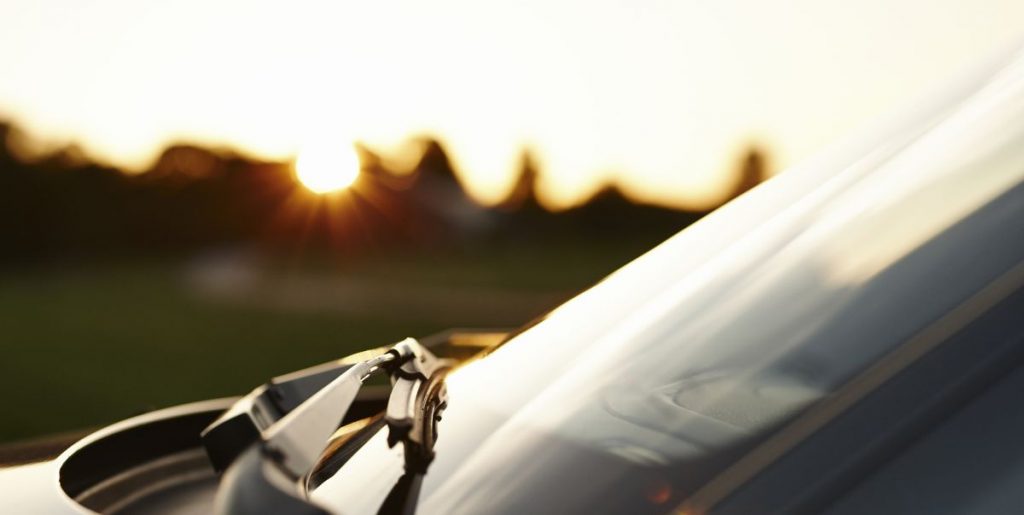Chevy Equinox Windshield Wiper Guide

Wiper Size for the Chevy Equinox
The windshield wiper blades needed for a Chevy Equinox vary depending on the model year. It’s important to shop specifically for your year, make, and model to ensure you get the right size wiper blades for both sides of the car. The 2022 Chevy Equinox requires:
Driver’s side: 24-inchPassenger side: 18-inchRear windshield: not applicable
Previous model year sizes
2018-2022: 24 inches for the driver’s side, 18 inches for the passenger side, and no rear wiper blade2010-2017: 24 inches for the driver’s side, 17 inches for the passenger side, and 13 inches in the rear2005-2009: 24 inches for the driver’s side, 19 inches for the passenger side, and 15 inches in the rear
How to Replace Windshield Wipers
If you’re unsure how to replace your wiper blades, follow these steps. For more detailed information, reference your car’s user manual or the instructions on your new wiper blades.
Lift metal arm away from windshield, making sure it’s secure. It could potentially snap back towards your windshield.Unhook the old wiper blade. Find the point where the metal arm meets the wiper blade. There should be a rubber stopper holding the blade in place, unhook that and slide the wiper blade off.Insert the new wiper. Install the new wiper blade in the reverse order of Step 2.Repeat for the second wiper. Follow these instructions when replacing the second wiper blade.
How We Test Windshield Wipers
To properly test these wiper blades, we wanted to simulate different wet-weather conditions as accurately as possible. So, naturally, we used a garden hose! Since the garden hose at the Car and Driver garage has multiple settings, we were able to simulate light, medium, and torrential rain.
Now that we had the precipitation set up, we hopped in the driver’s seat to operate the wipers themselves. We alternated between intermittent, medium, and high wiper speed on each level of simulated rain—running each speed for 30 seconds. Once we cycled through the water levels, we ran the blades for 30 seconds on a dry windshield and noted any noises or streaks.
We then compiled our results based on ease of installation, water removal at each speed, squeaks, chatters, streaking, adapter quality, and, finally, price. Once the tests were complete, we felt satisfied that each wiper blade was tested and judged equally in every area of concern.
Why Trust Us?
Car and Driver and its sibling publications at Hearst Autos represent three of the most influential automotive publications in the world. With the legacies of Autoweek, Car and Driver, and Road & Track behind us, the Hearst Autos Gear Team doesn’t need to worry about our bottom line. Our picks and recommendations of products and gear are based on testing and knowledge, not hype.
For consistency, this test was conducted in an environment that provided equal testing procedures for each product: the Car and Driver garage. We tested the wiper blades on each wiper speed and with varying rainfall amounts. We then graded each wiper blade on ease of installation, water removal at each speed, squeaks, chatters, streaking, adapter quality, and, finally, price.
Upon tallying up our findings, we agreed that our test was fair, legitimate, and provided the most complete information for us to recommend our picks.
Read more about our product testing and evaluation process here.




